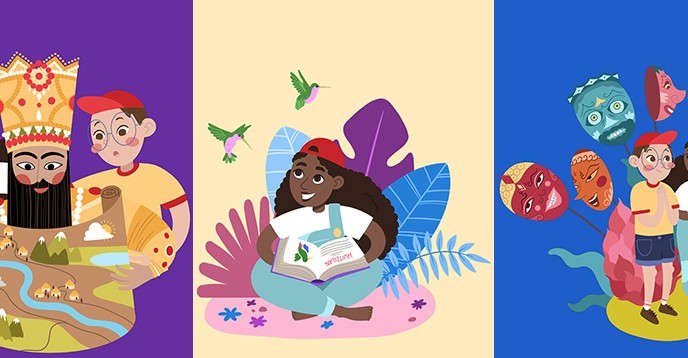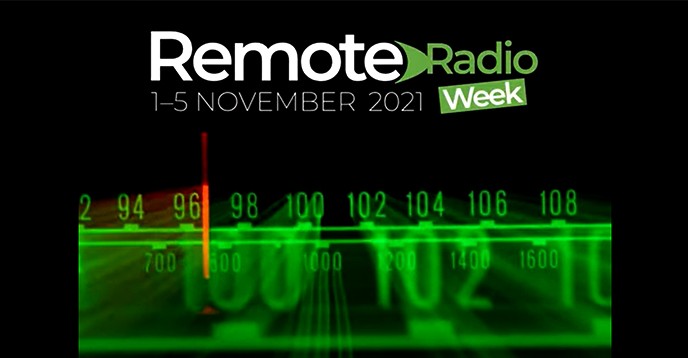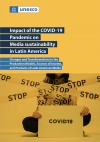Communication and Information
The Communication and Information Sector strives to foster freedom of expression, media development, and access to information and knowledge in line with UNESCO’s mandate to “promote the free flow of ideas by word and image”.
Our programmes directly contribute to achieving the Sustainable Development Goals (including SDGs 4, 5, 8, 9, 10,11,13,16 and 17) set out in the 2030 Agenda for Sustainable Development, with specific attention to the social, political and economic mutations of the digital age.
UNESCO advances freedom of expression and the safety of journalists online and off-line,notably in the framework of United Nations Plan of Action on the Safety of Journalists. Moreover, the Sector combats online hate speech, as well as disinformation and misinformation through awareness raising initiatives, steady monitoring, capacity-building activities, and technical support to Member States.
UNESCO also supports universal access to information and knowledge through promoting Open Solutions, including Open Educational Resources, access for marginalized people, and multilingualism in the cyberspace.
The Organization develops media and information literacy curricula, furthers gender equality in media operations and content, and encourages pertinent media coverage of crisis and emergency situations. Through its holistic approach, UNESCO contributes to media diversity and pluralism by fostering diversity of content, audience, sources, and systems.
In addition, the Sector coordinates UNESCO’s inter-sectoral work on Artificial Intelligence (AI), with a view to addressing the impact of AI on the fields of competence of UNESCO, promoting the use of AI and its potential to achieve the SDGs; and fostering a human-centred development and application of AI respectful of human rights and ethical principles.
The Sector has developed UNESCO’s Internet Universality Indicators to enable Member States to holistically assess the adherence of their cyberspace to the associated ROAM principles, which advocate for an Internet that is human-rights based, open, accessible and governed by multi-stakeholder participation.
Through the Memory of the World Programme (MoW), UNESCO closely cooperates with Member States to identify, preserve and promote access to the world’s documentary heritage, to make it available to all, including future generations.
The Sector’s activities are supported by two intergovernmental programmes, the International Programme for the Development of Communication (IPDC) and the Information for All Programme (IFAP), which support grassroots projects and implement activities along the priorities set by their governing bodies.









